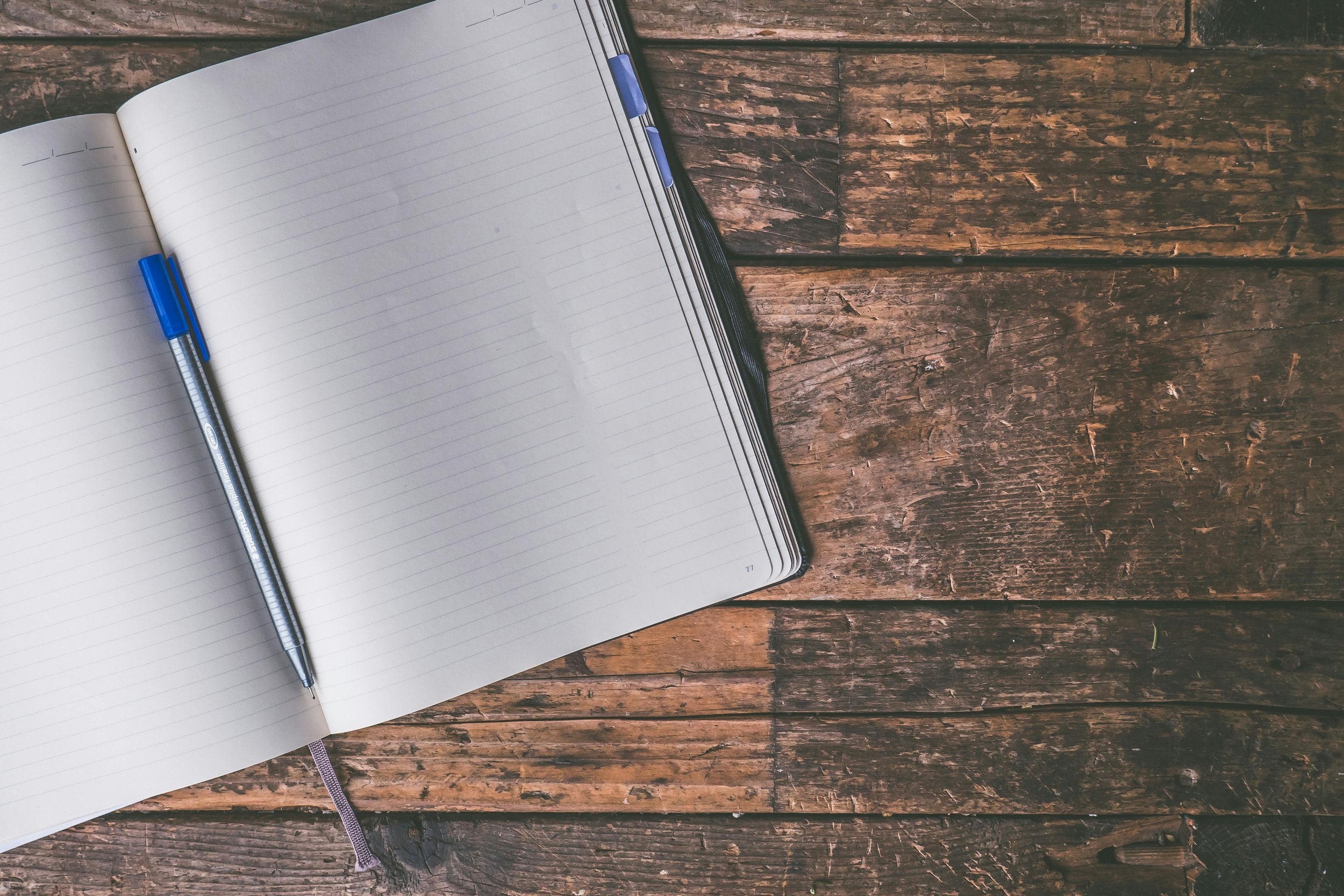Healthy Coping Skills: Your Toolkit for Managing Life’s Challenges
Life can be overwhelming at times, whether it’s due to the pressures of work, personal relationships, or the challenges of a major life transition like becoming a parent. During these moments, having a set of healthy coping skills can be a game changer. But what exactly are coping skills, and how can they help you navigate stress and maintain your mental well-being?
What Are Coping Skills?
Coping skills are strategies or techniques that people use to manage stress, emotional distress, and challenging situations. While some coping mechanisms can be unhealthy, such as avoidance or substance use, focusing on healthy coping skills can improve your emotional resilience and overall mental health. These skills help you process difficult emotions, reduce anxiety, and regain a sense of control in your life.
Why Are Healthy Coping Skills Important?
Healthy coping skills are crucial because they provide constructive ways to deal with life’s inevitable challenges. When you have effective coping strategies at your disposal, you’re better equipped to handle stress without resorting to harmful behaviors. Additionally, practicing these skills can lead to better emotional regulation, stronger relationships, and improved mental and physical health.
Types of Healthy Coping Skills
There are many different coping skills that can be beneficial, and what works for one person may not work for another. Here are a few categories of healthy coping skills:
1. Emotional Coping Skills
Mindfulness and Meditation: Taking time to focus on the present moment can reduce anxiety and help you feel more grounded. Mindfulness and meditation works best when it’s practiced regularly. It might be a good idea to incorporate “mindfulness minute” into your daily routine.
Journaling: Writing down your thoughts and feelings can be a powerful way to process emotions and gain insight into your experiences. I like to use journal prompts to get my creative juices flowing. You can find prompts all over the internet, or you can purchase a journal with specific prompts if that’s your thing!
2. Physical Coping Skills
Exercise: Physical activity, whether it’s a brisk walk, yoga, or a workout, releases endorphins that naturally boost your mood. If you don’t already, try to incorporate a few minutes of physical activity into your WEEKLY routine. Start with 2 or 3 times a week and work your way up to a schedule that you’re comfortable with.
Deep Breathing: Simple breathing exercises can quickly reduce stress and calm your nervous system. Find a comfortable place, sitting or laying down works fine! Breathe in slowly through your nose, let your belly fill with air. Hold your breath for for three counts. Then, with your hand on your belly, breathe out slowly through your mouth and feel your belly lower. Repeat these steps a few times until you feel noticeably relaxed.
3. Cognitive Coping Skills
Reframing Negative Thoughts: Challenge and change unhelpful thoughts by looking at situations from a different perspective. Unhelpful, or distorted, thoughts are something that everyone has experienced at some point. It helps to challenge them and determine an alternative response. Feel free to download this free resource to help you get started.
Problem-Solving: Break down challenges into smaller, manageable steps, and create a plan of action.
4. Social Coping Skills
Connecting with Others: Talking to a trusted friend, family member, or therapist can provide support and validation.
Setting Boundaries: Learn to say no and protect your time and energy from being drained by others.
How to Implement Healthy Coping Skills in Your Daily Life
Incorporating healthy coping skills into your routine doesn’t have to be complicated. Start by identifying which strategies resonate with you, and then practice them regularly. For instance, if you find mindfulness helpful, set aside a few minutes each day to meditate. If journaling brings you clarity, make it part of your morning or evening routine.
Remember, it’s not about using all these skills at once but rather finding what works for you in different situations. The more you practice these skills, the more naturally they’ll come to you when you need them the most.
When to Seek Professional Help
While coping skills can be incredibly effective, there are times when additional support is necessary. If you find that stress or emotional distress is interfering with your daily life, or if you’re struggling to manage your mental health on your own, consider reaching out to a mental health professional. Therapy can provide you with additional tools and support to navigate life’s challenges more effectively.


